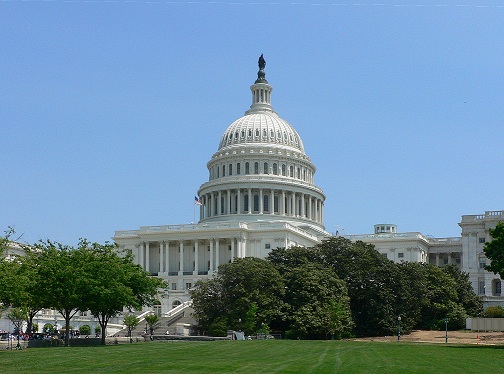
On March 20, the Co-Chairs of Congressional Caucus on Sudan and South Sudan including Reps. Barbara Lee (D-CA), Frank Wolf (R-VA), Michael Capuano (D-MA), and Michael McCaul (R-TX), along with 48 other Members of Congress, led a bipartisan letter to the Administration, calling for targeted action and continued engagement on the violence occurring in South Sudan. The letter is addressed to Secretary of State John Kerry and highlights the need for expansion of humanitarian programs and accountability for perpetrators of human rights violations, in order for the country to experience a durable peace.
The letter acknowledges the progress that has been made and also stresses the need for a bolder strategy:
"The United States has committed itself to helping mediate the crisis, and although we welcome the sustained attention the situation has received, the continued violence compels our government to pursue an even greater role in facilitating and supporting a lasting reconciliation so that this type of violence does not reoccur."
Understanding the regional impact of the conflict that broke out on December 15, 2013, the signatories urge the US government to “work with neighboring governments, particularly those of Ethiopia and Kenya, to increase leverage in support of inclusive talks.” By calling on other governments in the region to remain highly engaged, it “ensure[s] that their actions support a peaceful resolution of the conflict.” Central to the continued engagement stressed in the letter, is the expansion of the peace process to include civil society, especially women, at the negotiating table.
As the conflict has exacerbated the humanitarian crisis in South Sudan, with thousands displaced and a food crisis looming, the letter recognizes a need for sustained effort. It calls on USAID to consider “resuming its development programming in non-conflict areas and should explore how to resume or initiate new conflict mitigation/resolution programs.” USAID has an important role to play in the nexus between humanitarian crisis and durable peace as it can both support essential food security initiatives aimed at preventing a famine and augment the capacity of grassroots initiatives to represent local South Sudanese views on the way forward.
Moreover, the authors of the letter recommend establishing “an independent hybrid or mixed special court with both international and domestic representation for South Sudan,” and in doing so ensures that perpetrators of violence are held accountable. It argues that a comprehensive peace process in South Sudan requires communal and national reconciliation efforts, alongside a building of indigenous capacity in the judicial sector.
As the letter notes, the U.S. government has the ability to play a facilitating role in transforming the outcome of this conflict and ensuring a durable peace in South Sudan. The Enough Project supports the letter and applauds the House of Representative’s continued attention to help end human rights abuses in South Sudan and support the creation of a sustainable peace.

